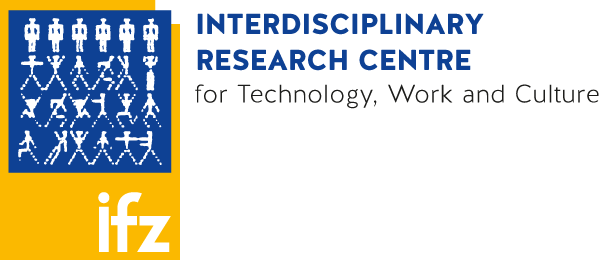GenderTime - Transferring Implementing Monitoring Equality
The aim of the project GenderTime is to identify and implement the best systemic approach to increase the participation and career advancement of women researchers in the participating institutions.
European Commission; FP7-Science-In-Society-2012-1
2013-2016
- Egalité des Chances dans les Etudes et la Profession d’Ingénieur en Europe, France (coordinator)
- Università degli Studi di Padova, Italy
- Linköping University, Sweden
- Université Paris Est Créteil, France
- Mihailo Pupin Institute, Serbia
- Bergische Universität Wuppertal, Germany
- Loughborough University, United Kingdom
- Fundacion TECNALIA Research & Innovation, Spain
- Donau-Universität Krems, Austria
These organizations are intentionally very different in size, discipline, history, etc. in order to investigate various settings and to create synergy effects among the project partners. The action plans will involve activities such as recruitment, retention and promotion policies, supporting work-life-private-life balance measures, updated management and research standards, supporting dual career-couples, etc. The key objective of GenderTime is a lasting structural change in each institution.
Aside from the implementation of tailored action plans in each partner organization, the consortium will provide the knowledge transfer between institutions with experience in gender reflexive management and relative newcomers to this topic. Additionally to the measurable change in the participating institutions through evaluation instruments such as tailor-made indicators, the outcome of the project will be to produce tested toolboxes and management tools for future action plans in institutions interested in similar approaches.
A comparative analysis of experiences made during GenderTime will identify examples of best practice tailored for the specific cultural contexts, disciplines, etc. and the factors of a successful lasting implementation. GenderTime’s objective is to contribute to an organizational and structural change in European research and to widely disseminate the tools for its implementation.
IFZ project team members are contributing to all seven work packages and lead the work package on knowledge transfer.
Researchpaper: Thaler, Anita (2016): Learning Organisations in Science and Research: The Role of Transfer Agents in Gender Equality Change Processes. Graz, IFZ Eigenverlag.
